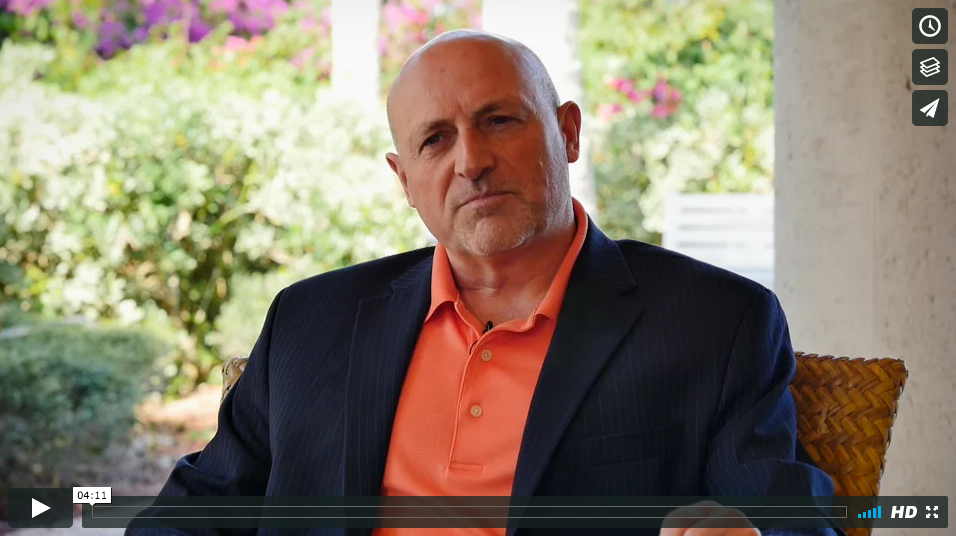Virtuous Leadership™
Description
Virtuous Leadership™ is a scientific system in which the virtues of prudence (practical wisdom), courage, self-control and justice constitute the foundations of leadership, and the virtues of magnanimity (greatness) and humility (service) constitute its essence.
The supreme measure of leadership is achieving personal greatness by bringing out the greatness in others.
Leadership is about the practice of the human virtues – above all, magnanimity (greatness) and humility (service) – amid the professional and personal circumstances of daily life.
Virtue is a dynamic force that allows the leader to do what people expect of him. If the virtues of prudence (practical wisdom), courage, self-control and justice, constitute the foundations of leadership, magnanimity and humility constitute its essence.
Leadership is a way of being, which can be lived by anyone no matter his or her place in society or in any given organization. Leadership is not about rank or position or being on top of the heap. Leadership is not reserved for the elite. It is a vocation not of the few, but of the many.
Leadership is a moral exercise. Leaders are not born, they are made. Temperament is not an obstacle to leadership, whereas lack of character most definitely is.
Leadership is a life ideal that recognizes, assimilates and promotes the truth about the human person. Leadership is a life ideal, because the specific virtues it draws on—magnanimity (greatness) and humility (service)—are themselves life ideals. Leadership is about personal fulfillment: it embraces the totality of one’s existence and defines a lifestyle centered on the flourishing of the human person.
Content:
1 Introduction: Business stories - "Case studies of Virtuous Leadership™ in action"
2. The virtues of Character - “Leaders are not born: they are trained”
3. Temperament and Character - “We build character on the foundation of temperament”
4. The challenges of the temperaments - “Identify your natural weaknesses and define a self-improvement strategy”
5. The challenge of the Choleric - "The action-oriented temperament"
6. The Challenge of the Melancholic - "The idea-oriented temperament"
7. The Challenge of the Sanguine - "The people-oriented temperament"
8. The Challenge of the Phlegmatic - "The peace-oriented temperament"
9. The Virtuous Leadership System™ - “The heart makes a leader, not his will or intellect”
10. Practice magnanimity - “Seek insight into where you stand”
11. Practice humility
12. Discover your mission - “Leaders always have a dream, which they invariably transform into a mission.”
13. Virtue ethics - “How leaders behave is determined less by the law than by their virtues”
Objectives:
To understand that the supreme measure of leadership is achieving personal greatness by bringing out the greatness in others.
To contemplate greatness and instill in participants a powerful desire to achieve it.
To develop in participants a deep sense of personal dignity.
To help them understand and practice the six virtues that make up the Virtuous Leadership System: the four basic virtues of prudence (practical wisdom), courage, self control (self mastery) and justice, which constitute the foundations of leadership, and the crowning virtues of magnanimity (greatness) and humility (service), which comprise the essence of leadership.
To show them how work in their weaknesses and strengths.
To help them discover their mission in life and fulfill it.
Student Course Testimonies
Meet your instructor:
Alexandre Havard is the creator of the Virtuous Leadership system. Born in Paris, he is a graduate of the René Descartes University, one of France’s leading law schools. He has practiced law in France and in several European countries. He now lives and works in Moscow. His books “Virtuous Leadership” (New York, 2007) and “Created for Greatness: The Power of Magnanimity” (New York, 2011) have been translated into 20 languages.


